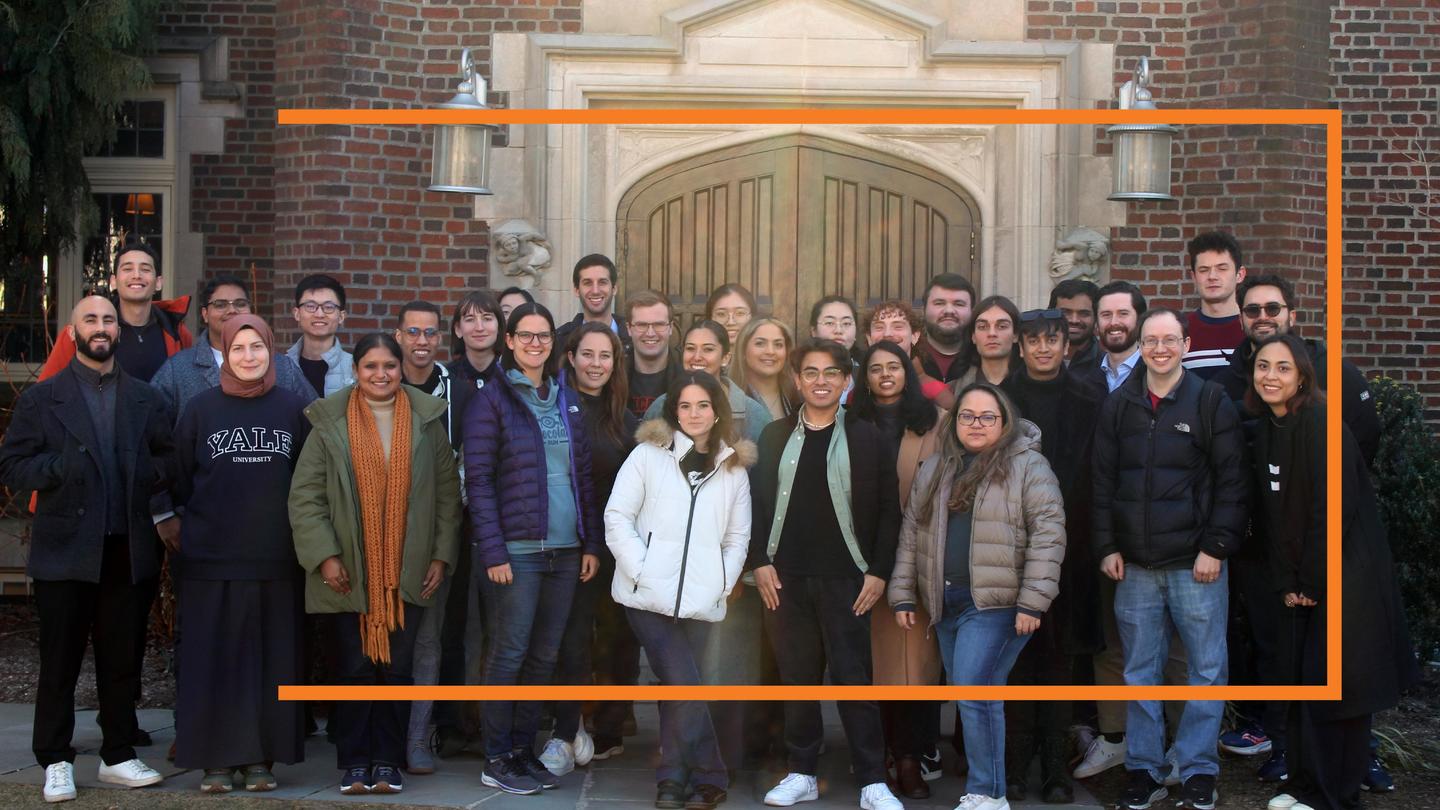35th Edition of Student-run Journal Highlights Global Perspectives on U.S. Policy, International Relations, and Economic Issues

The Journal of Public and International Affairs recently published its 35th edition, featuring nine articles related to U.S. domestic policy, international relations, international development, and economic policy.
JPIA is a student-run, peer-reviewed journal co-published by the Princeton School of Public and International Affairs and the Association of Professional Schools of International Affairs. Each submission for publication must be written by a student or recent graduate at an APSIA-member school.
The papers published were chosen during a special event called "Reading Weekend," which takes place annually in February. This past Reading Weekend featured 37 editors from 17 graduate schools, including 18 SPIA students and 19 students from programs around the world, including in the U.S., France, Singapore, Spain, and Switzerland.
It's so unique and so cool to get 30-plus students flying in from around the country and around the world. You get such diverse perspectives, and I think that the quality of the final publication really does reflect the melting pot of viewpoints.Justin Schuster, MPA '24, JPIA co-editor-in-chief
At the start of Reading Weekend this year, SPIA's vice dean, David Wilcove, spoke to the students and reminded them of the importance of the process they were undertaking. "Peer review and the production of the Journal of Public and International Affairs is a part of something even bigger, and that’s the pursuit of rigorous scholarship and the development of expertise," Wilcove said. "Expertise is the result of a steadfast dedication to deeply understanding some subject. It takes time and effort, and it rarely comes easily. I admire your willingness to stand up for scholarship."
During the weekend, the editors considered more than 100 submissions, scoring and eliminating papers over a series of rounds before reaching what they call "Final Table." For the Final Table, editors read each of the final 20 papers before debating and voting on the papers to be edited and published in the journal.
Ten students had their work published, including one Princetonian: Gillian Tisdale MPA '24, who wrote a policy proposal on the ethics of organ donations, with a special focus on how solicitations are made to next of kin. Other published works analyzed the role of the International Court of Justice, Rwanda's foreign policy, migration in the Mediterranean Sea and migration management in Bosnia and Herzegovina, the right to asylum for North Korean defectors, Europe's pesticide regulation, Guamanian political advocacy, and Russia's influence in Africa.
"JPIA's legacy is that we are providing this valuable space for students and practitioners to have a chance to dive deeper into a topic and produce original thoughts," said JPIA co-editor-in-chief Maya Woser MPA '24. "You can see that reflected in all previous editions: If you open any one of them, I'm sure that the kind of topic you see reflects not only what was going on in the world at that time, but also original contributions by people in the field. It is a truly unique platform for policy students."
The 35th edition of JPIA can be found online here. Submissions for the 36th edition will open in the fall.
In addition to the annual issue – which became a digital-only publication during the COVID-19 pandemic but was able to secure funding for print editions this year – more content from JPIA can be found in its online blog, Annotations(external link). Woser noted that the blog allows for an "informal space for people to share policy perspectives," and the contributors include SPIA students and alumni.
